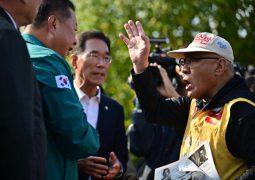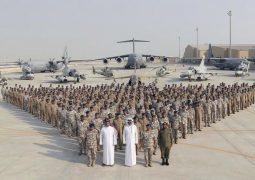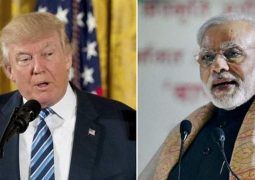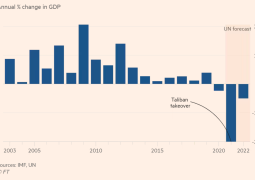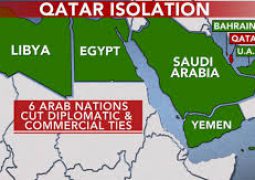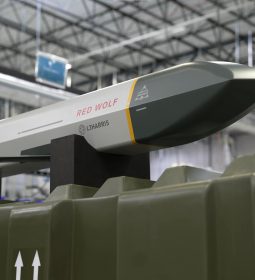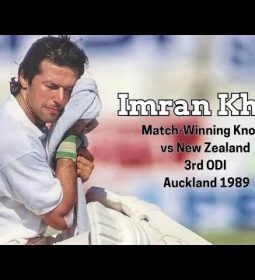U.S. Shift on Russia Pleases Europe, Worries Moscow
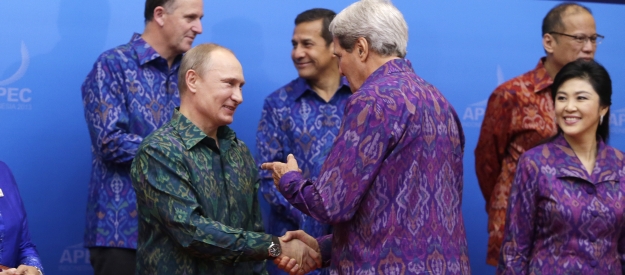
WASHINGTON—President Donald Trump’s election was greeted with elation in Russia and trepidation in Europe because of his public overtures to Russian President Vladimir Putin. But the six weeks since the start of the Trump presidency have begun to reverse the emotional tide.
Throughout his campaign and presidential transition, Mr. Trump struck a conciliatory line toward Russia and spoke critically of the North Atlantic Treaty Organization and other alliances.
Since taking office, however, he has selected a roster of top aides who have advanced a hard line toward the Kremlin, initially seeming at odds with the president. Mr. Trump himself has spoken in more supportive terms about NATO, including in his address to Congress last week.
The shift has taken place during a period when Mr. Trump’s administration has been buffeted by controversy over undisclosed contacts between top associates and Russia. Disclosures of the contacts have been politically charged, given that they followed the U.S. intelligence assessment that Russia interfered in the 2016 U.S. presidential election with the aim of aiding Mr. Trump’s campaign.
Mr. Trump’s term and many of his policies are in their early stages, leaving even some top experts guessing at his real intentions. Kremlin watchers in the U.S. say the president may be posturing ahead of negotiations with the Kremlin aimed at pursuing reconciliation with Russia and a common approach toward Europe and the Middle East.
Meanwhile, the administration’s turn toward a surprisingly tough stance on Russia has generated applause in Europe, and alarm in Moscow.
European diplomats said they have been assured that the U.S. won’t sell out Eastern Europe and Ukraine to Russia by recognizing Moscow’s greater sphere of influence.
“We have made a lot of progress on developing a unified position,” said a senior European diplomat who had consultations in Washington last week. “No one came away with the idea that the U.S. was striking some grand bargain with Russia.”
Mr. Putin’s government, conversely, is already paring back its hopes for any rapprochement with the U.S. or a softening of American positions.
“Thus far, it’s difficult for us to get oriented,” Kremlin spokesman Dmitry Peskov said last week, when asked if the recent appointments to Mr. Trump’s policy team bode well for Russian-American relations. “For the time being, it does not make it possible to substantively engage in bilateral affairs.”
Others in Moscow worry that congressional probes into contacts between Russian officials and Trump aides before the inauguration is creating a frenzied atmosphere in Washington that will make cooperation between the U.S. and Russia impossible.
“The hysteria in the U.S. has driven politicians into a trap,” said pro-Kremlin lawmaker Alexei Pushkov on Twitter. “I met with a Russian? End of career. I hid it? Off to jail.”
Mr. Trump’s key appointees have significantly diverged from the views he advanced during his campaign. Defense Secretary Jim Mattis, in a recent speech in Europe, said that the U.S. isn’t interested in any military cooperation with Russia, and that the U.S. must in any negotiations operate from “a position of strength.”
More recently, Mr. Trump tapped Fiona Hill , a well-regarded Russia scholar who is often a tough critic of Kremlin policies, to be the National Security Council’s senior director for Europe and Russia.
Mr. Trump himself has pledged strong support for NATO, which candidate Trump roundly criticized last summer. In particular, the Trump White House has voiced support for Montenegro joining NATO, a step that the Kremlin has repeatedly described as an existential threat to its security.
Montenegrin officials have accused the Kremlin of trying to overthrow their government in October, a charge Russia has denied.
The discernible shift has cast a pall over the Kremlin. Asked in recent days if Ms. Hill’s appointment would mean the continuation of a hard line from Washington, Russian Foreign Ministry spokeswoman Maria Zakharova was blunt. “That’s not a question to direct to Moscow,” she said.
Mr. Pushkov, the pro-Kremlin lawmaker, said the spirit of the Russia-baiting U.S. Sen. Joseph McCarthy of the 1950s “is just waiting in the wings.”
Mr. Trump criticized the way the issue of relations with Russia has been covered at a wide-ranging news conference in February. “The false reporting by the media, by you people, false, horrible fake reporting, makes it much harder to make a deal with Russia,” he said then.
Kremlin watchers in the U.S. say a fundamental reset in relations with Russia has always been difficult because Mr. Putin doesn’t really want one for internal reasons.
Mr. Putin faces his next presidential elections in 2018. The Kremlin has long maintained that the U.S. is trying to unseat Mr. Putin through pro-democracy protests, and it has traditionally ramped up a tide of anti-Americanism at home whenever it faces elections to inoculate itself against charges of election fraud.
Still, some Russia experts in Washington voiced skepticism that Mr. Trump will be deterred in the long-term from seeking rapprochement with Mr. Putin.
“I think that reports of the death of Donald Trump’s Moscow outreach are premature,” said Andrew Weiss, vice president for studies at the Carnegie Endowment for International Peace, a liberal Washington think tank. “It has been an idea-fix of his foreign policy outlook, despite the fact that his cabinet and political establishment are against it.”
Paul Saunders, executive director of the Center for the National Interest, a Washington think tank, said that Mr. Trump’s critics fundamentally misunderstand his plans to improve relations, and that affairs with Moscow may in fact grow tense in the short run as Mr. Trump shores up what he believes is a weak negotiating position with the Kremlin.
“When he says he wants to improve relations, doing it from a position of strength is very important to him,” he said. “And it’s obvious that the Russians won’t like it.”
- Previous Prices for agricultural products in Tajikistan sharply increase
- Next Malaysia, North Korea Take Each Other Hostage




